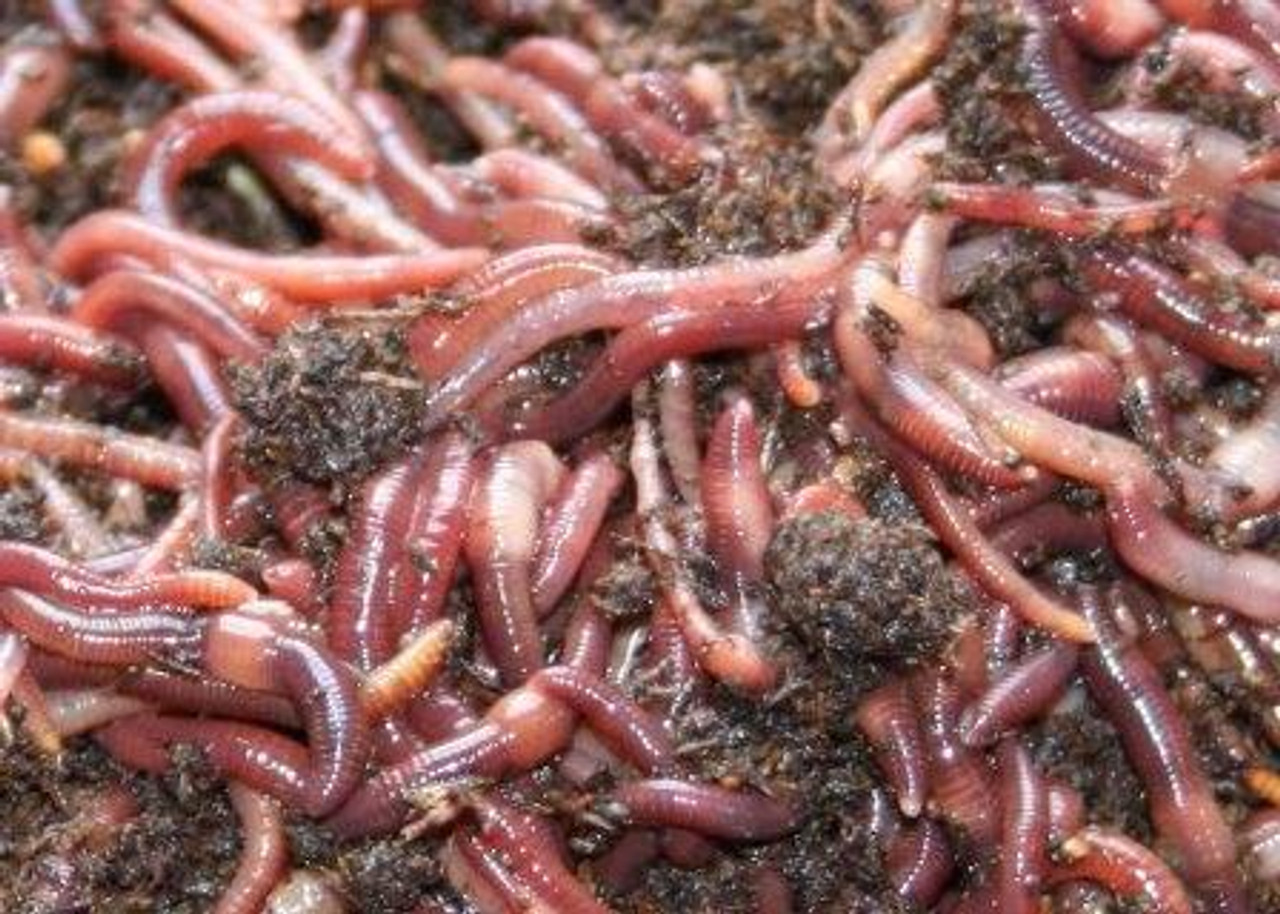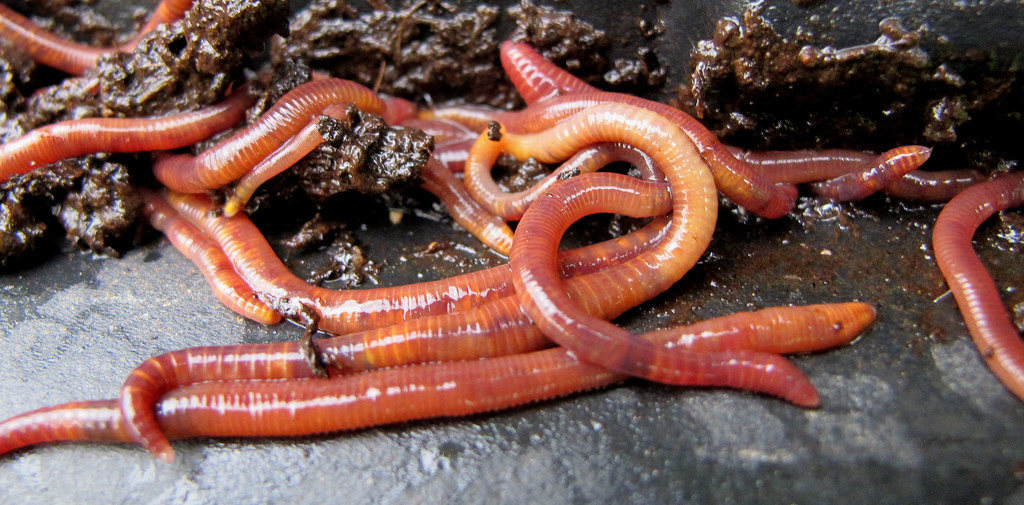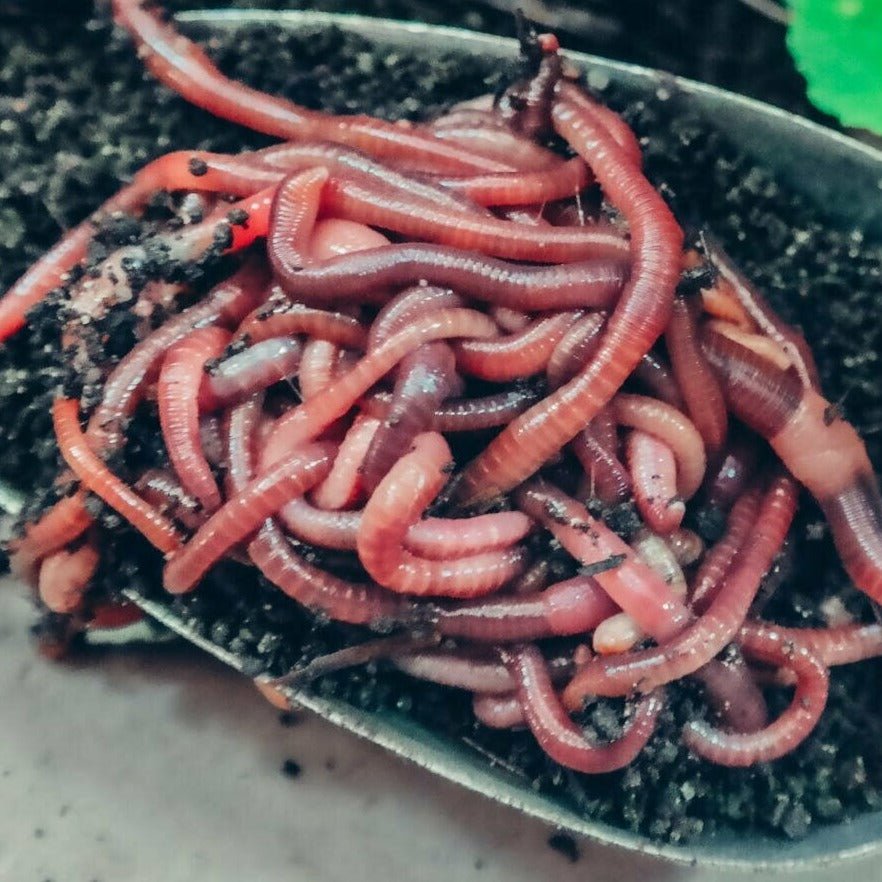Transform Your Lawn with the Expertise of Red Wiggler Express Lawn Care Specialists
Transform Your Lawn with the Expertise of Red Wiggler Express Lawn Care Specialists
Blog Article
Red Wigglers 101: Everything You Required to Know for Thriving Gardens
Red wigglers, or Eisenia fetida, play a critical duty in lasting gardening techniques, acting as reliable decomposers that convert organic waste right into valuable vermicompost. Comprehending their habitat, nutritional choices, and the myriad benefits they use can change your gardening approach (Red Wiggler Express). As these worms prosper in specific conditions, their care and administration are essential for maximizing their contributions to soil health and wellness. The concern stays: what steps can you require to harness the complete possibility of these remarkable microorganisms in your own garden?
Comprehending Red Wigglers

Red wigglers prosper in settings abundant in organic material and wetness. Red Wiggler Express. They have an unique gastrointestinal system that enables them to refine food scraps rapidly, excreting castings that are packed with crucial nutrients such as nitrogen, phosphorus, and potassium. These spreadings enhance dirt structure, boost water retention, and foster valuable microbial task, every one of which add to robust plant health
Furthermore, red wigglers can endure in diverse conditions, making them adaptable to numerous horticulture practices, including indoor and outdoor composting systems. Their capacity to take in big amounts of organic waste everyday placements them as beneficial allies for both home garden enthusiasts and business farmers. By integrating red wigglers right into horticulture efforts, one can dramatically improve soil fertility and support lasting gardening practices.
Ideal Environment for Red Wigglers
Creating an optimum setting for red wigglers is vital for optimizing their composting capabilities and total wellness. Red wigglers grow in wet, dark, and well-aerated environments, which very closely resemble their natural environments in ground cover and decomposing raw material. A suitable habitat should supply a temperature level variety between 55 ° F and 77 ° F(13 ° C to 25 ° C), as severe temperature levels can stress or hurt the worms.
The bed linen material, such as shredded paper, cardboard, or coconut coir, should be maintained wet but not extremely damp, as excessive wetness can bring about anaerobic problems destructive to worm health. Furthermore, a pH degree between 6.0 and 7.5 is optimal, making sure a well balanced environment.
Proper aeration is just as crucial; it permits for oxygen flow and protects against the buildup of harmful gases. A container or bin developed for vermicomposting need to have drainage openings to remove excess dampness and advertise air flow. Routine surveillance of these problems is vital for preserving a prospering red wiggler populace, eventually improving their performance in damaging down natural waste and improving yard soil.
Dietary Demands and Preferences

Red wigglers exhibit specific preferences; they are specifically fond of softer, breaking down products over tougher or even more fibrous materials. It is vital to avoid feeding them citrus peels, onion, and garlic in large quantities, as these can be hazardous. Additionally, meat, dairy products, and oily foods must be left out, as they can bring in pests and develop undesirable smells.
(Lake Hickory Bait)Green materials, such as vegetable scraps, supply nitrogen, while brownish products, like cardboard and dried out leaves, supply carbon. By providing to their nutritional demands, garden enthusiasts can foster a thriving population of red wigglers in their compost systems.
Benefits of Using Red Wigglers
The impressive advantages of using red wigglers in gardening extend far past their duty in composting. These functional microorganisms add significantly to soil health and wellness, enhancing nutrient schedule and promoting microbial activity. By aerating the dirt as they tunnel, red wigglers enhance drainage and origin infiltration, developing an ideal environment for plant development.
In addition, red wigglers are reliable recyclers of natural waste, converting it into nutrient-rich spreadings that work as an exceptional all-natural fertilizer. These spreadings consist of useful microorganisms and vital nutrients, such as nitrogen, phosphorus, and potassium, which are important for plant development. The slow-moving release of nutrients from worm spreadings makes sure a stable supply, decreasing the threat of nutrient leaching and promoting lasting gardening practices.
In addition, Source the presence of red wigglers can aid suppress soil-borne plant illness. Their gastrointestinal procedures create substances that inhibit dangerous microorganisms, thereby improving plant wellness. Making use of red wigglers promotes a much more lasting gardening method by reducing reliance on chemical plant foods and advertising a closed-loop system, where waste is transformed right into beneficial sources. Generally, including red wigglers into gardening techniques offers a plethora of ecological and agricultural benefits.
(Lake Rhodhiss Bait)
Composting With Red Wigglers

To initiate a successful vermicomposting system, choose an ideal container with proper ventilation and drain. The excellent environment for red wigglers includes a damp, dark setting with temperature levels in between 55 ° F and 77 ° F. Begin by layering shredded paper, cardboard, and food scraps, making certain a well balanced mix of carbon and nitrogen-rich products.
Red wigglers flourish on veggie peels, fruit scraps, coffee grounds, and eggshells, while avoiding meat, dairy products, and oily foods that can bring in parasites. Frequently check moisture levels; the bed linen must perspire however not soaked. Harvest worm spreadings every couple of months by dividing the worms from the garden compost, which can after that be utilized directly in gardens or saved for later usage.
Carrying out vermicomposting not only lowers landfill waste but likewise improves yard dirt, advertising healthy and balanced plant development and sustainable gardening practices. Accept this eco-friendly method to boost your horticulture ventures.
Final Thought
In recap, red wigglers are essential microorganisms for improving garden productivity through efficient composting. Their specific environment demands, dietary choices, and substantial benefits contribute to lasting gardening practices. By making use of red wigglers, garden enthusiasts can dramatically boost soil quality and nutrient schedule, cultivating healthier plant development. Accepting the practice of vermicomposting not just supports waste decrease but likewise promotes an ecological equilibrium within garden environments, eventually leading to growing and durable gardens.
Report this page